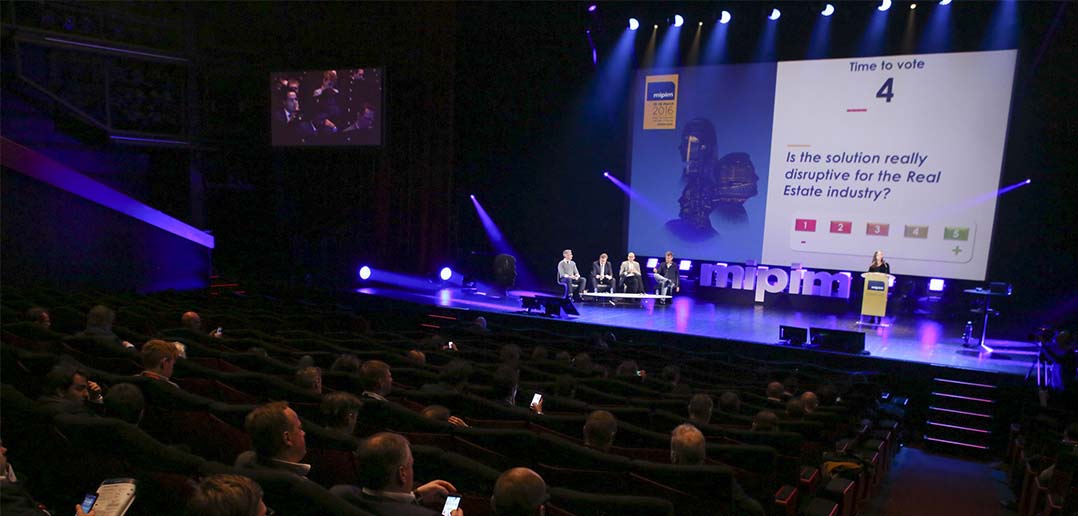Olga: Why did you accept to become a jury member for MIPIM Startup Competition?
Jean-Marie: Being real estate startup executive is an outstanding challenge, especially these days. Let’s face it though, innovation is a tough path, and real estate startups raise growing, yet cautious, interest. From my perspective as a consultant in innovation for real estate players, having the honor of being a jury member is my humble way to contribute to the market-recognition that these great projects will undoubtedly find.
Which real estate startup impressed you the most in 2015, and why?
There is so many startups I am enthusiastic about that might be unfair to single out one of them. Nevertheless, I am adamant about some of the latest developments in collective intelligence, for example WhoseYourLandlord enables to rate landlord and make advised decisions. In France, Citylity is developing an interesting concept of BigApp for the occupiers, including services information and incident reports. I am also quite impressed by Matterport, a California-based startup, which has developed a very interesting technology so as to quickly, efficiently and rather cheaply enable high quality virtual reality tours. Eventually, we have to follow initiatives of 3D printers for Construction, which will undoubtedly be a game changer within the next 5 years.
In what ways do you think the real estate industry could be more innovative? Could you share one concrete example of how your company helped further innovation in the industry?
Real estate is a long term-focused industry, but some executives may occasionally struggle with short-term valuations opportunities. Within Stonup, we strongly believe that a meaningful innovation process is a test-and-learn process that requires time and money. As an example, Google (Alphabet) spent in 2015 approx. 5% of its revenues in « Other bets ». Which RE company has such level of investment?
In this regard, Stonup is lucky enough to advise major French property companies, who seek meaningful innovation for their clients and strong innovation incentives for their operating staff ; Sorry I can’t say more, our projects are under strict confidentiality!
What, in your opinion, are the most innovative ways to tackle the global issue of housing today?
I believe one of the greatest pain experienced by real estate clients is the lack of flexibility. It becomes challenging today for companies or individuals to forecast on the long run what kind of real estate they may need in 6, 12 or 60 months. This may be true for offices, retail, logistics as well as for residential. What type of offices will companies need to seduce their core employees in five years? What kind of stores retailers may need by year 2025? What size of residential should a young professional choose, even though he does not know where he might leave five years from now? That is why we believe real estate users should be considered as clients, if not guests. This is itself a very original and very innovative way of thinking today, but would eventually become a standard.
 Jean-Marie Célérier advises major real estate companies as well as start-ups in order to accelerate their growth in a fast-changing environnement. He worked in many different fields of commercial real estate, including investment, asset management, softwares or training. He is a member of pre-selection jury at the MIPIM Startup Competition.
Jean-Marie Célérier advises major real estate companies as well as start-ups in order to accelerate their growth in a fast-changing environnement. He worked in many different fields of commercial real estate, including investment, asset management, softwares or training. He is a member of pre-selection jury at the MIPIM Startup Competition.
Learn more about the MIPIM Startup Competition: 3rd round (Cannes)



